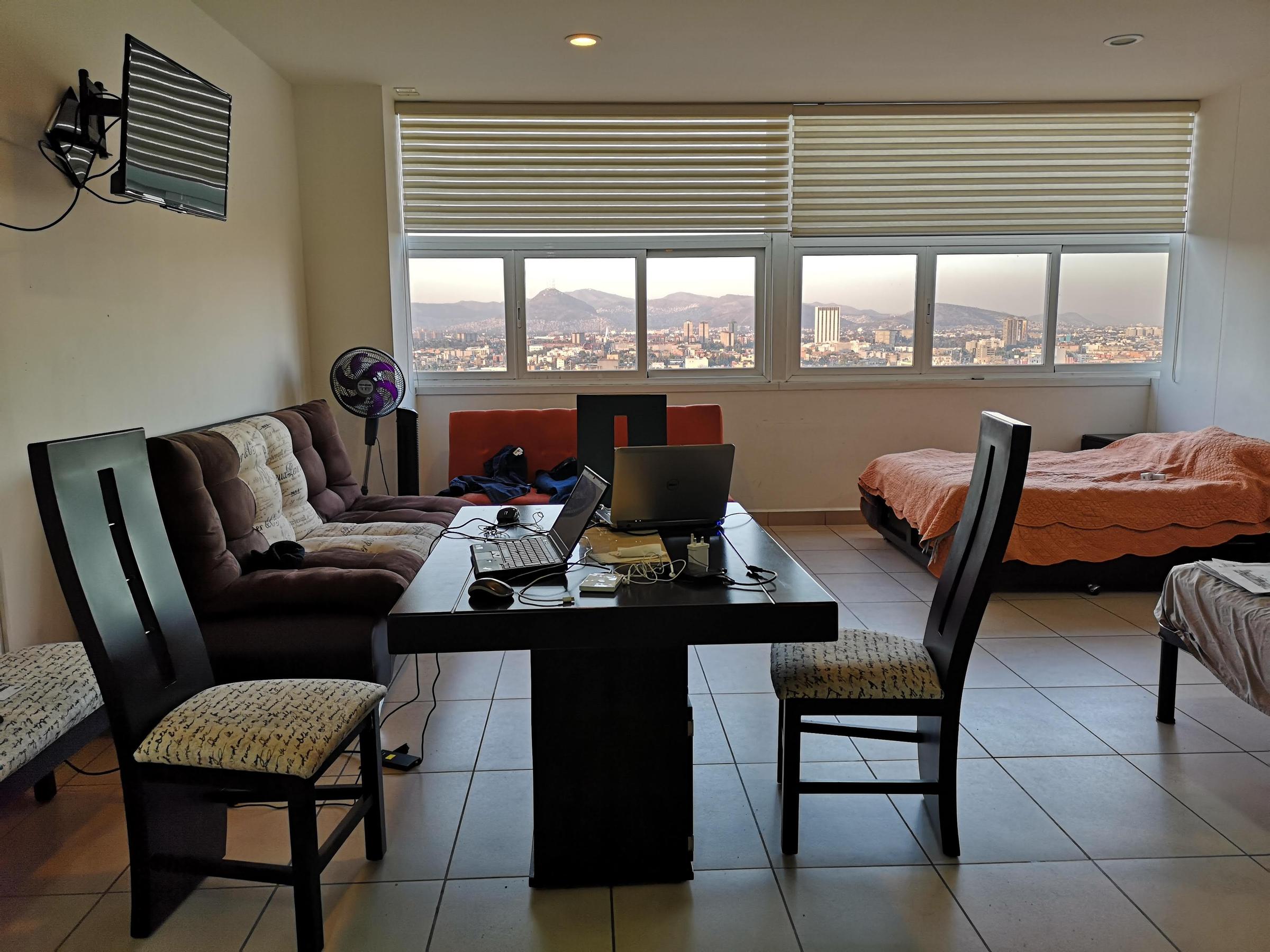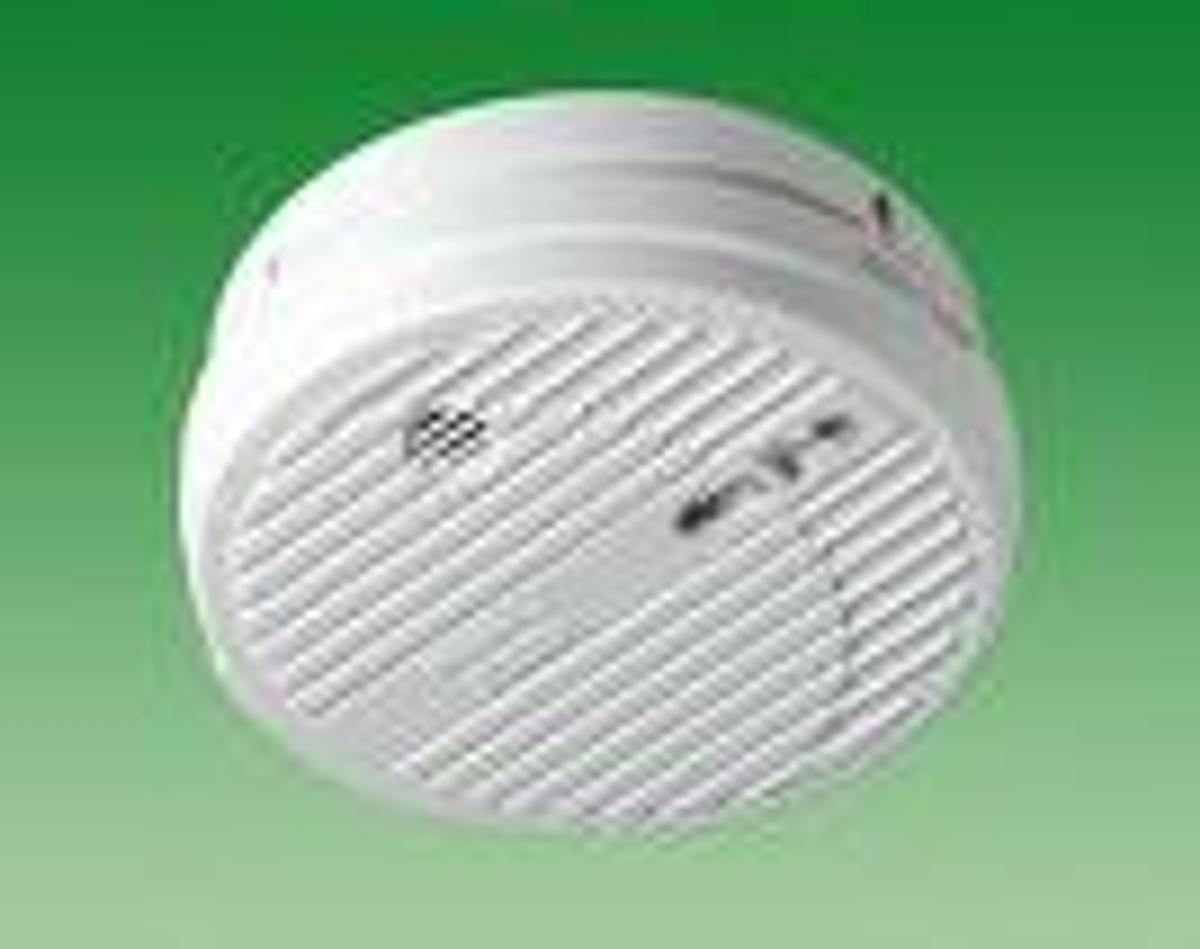3.3 Renting in Australia

Things to Keep in Mind when Renting
Security Deposits/Bond
The owner or agent of an owner who has the right to rent you a property is called the landlord. A landlord will ask you for money before you move into an apartment. This is called a security deposit or bond, and may amount to more than A$1,400 dollars. The bond is usually set at four weeks’ rent.
A bond/security deposit is an amount of money that is supposed to guarantee that the tenant will care for the dwelling. If the tenant does not care for the property or clean it before leaving, the landlord has a legal right to keep the security deposit. Otherwise, the landlord must return the security deposit within a month after the tenant leaves. After the bond is paid to the landlord, they lodge it with the Residential Tenancies Bond Authority (RTBA) of Victoria, who then holds it for the duration of the tenancy, as stipulated by the Residential Tenancies Act of 1997.
Signing a Lease
In most cases, the landlord will require the tenant to sign a lease. A lease is a written agreement between a tenant and a landlord that describes the responsibilities of each party. This is a binding legal document that commits the tenant (you) to a specific period of residency in the unit.
Inspection of Property
Most landlords will inspect the property with you on commencement of your tenancy. This is done with a list of furniture and fittings in each room of the property so that the two of you can agree on the condition of the property at the commencement of the tenancy. You should note on this document anything you notice during the inspection that is not already listed, and keep a copy that has been signed by both of you. Once you are the tenant, the condition of these things will be your responsibility. This will be done again at the end of your tenancy and the final condition of the property may determine the return of your full security deposit. If this inspection is not suggested, you might suggest it yourself as a means of ensuring fair treatment for all parties involved.
Utilities
Unless someone is already living in the dwelling, the new tenant must start utility services, such as electricity, gas and internet. You may choose to contact each individual company and arrange for the services to be connected from a specified date, however it is more convenient to use a service such as www.connectnow.com.au, who will connect the utilities you nominate on your behalf.
The companies providing utilities may also require a small security deposit. If someone has vacated the property before you, contacting these utility companies, or using www.connectnow.com.au for connection of services, will ensure all previous accounts have been finalised and paid for by the previous tenant. Connectnow can also be contacted by phone within Australia on 1300 554 323, or outside of Australia on +61 3 9649 4400. They also have a fax number for use within Australia (1300 889 598), or can be contacted through their website.
Restrictions
The lease may contain restrictions, such as not permitting animals or children in the dwelling. Ask the landlord about his/her particular requirements. Make sure that you know and understand these restrictions before signing the lease. If you do not obey the restrictions on the lease, the landlord can ask you to leave.
Inspecting a Potential Property
It's a good idea to take notes of each property you inspect. As well as the address, rent, and agent, take notes of the details:
- Are there laundry facilities?
- Do the light fittings work?
- Is the oven/stove, gas or electric?
- Do the toilet and shower both work?
- Is there damp or mould on the walls?
- Is there painting required?
- Is the place furnished? What kind of furniture?
- What kind of heating/cooling is there?
- Is there an insect/pest problem?
- Is it close to transport, shops and amenities?
- Will the area be noisy? Is it on a busy road?
- Is there good security?
- Will the landlord carry out any repairs before you move in?
- How are repairs made once you live there, and who pays for which repairs?
Housekeeping – Homestay and rental accommodation
Some international students who come to Australia have never had the need to do their own shopping, cooking, and housecleaning. In a Homestay living arrangement, while it may be the agreement that most shopping and cooking will be done by the host family, cleaning your own space will certainly be your responsibility. If this activity is new to you, you will need to understand that in Australia, this is the responsibility of each individual and is a sign of personal independence and becoming an adult.
For parents/guardians living with their child in a rental agreement however, most Australians, especially landlords and rental agencies, believe it is very important for one’s living environment to be kept clean. Our concern for cleanliness is evident when you visit the supermarket, where many varieties of cleaning products are sold.
Kitchen: Stoves and Ovens
Kitchen stoves may be either electric or gas. It is important to keep the burners and oven of an electric range clean so that they may operate safely and efficiently. Tenants should clean electric stove burners after each use to prevent food from hardening on them. The electric oven should also be cleaned periodically with an oven-cleaning product unless it is a "self-cleaning" oven, for which you should follow directions carefully.
Disposal of Rubbish
Because insects such as ants and flies can be a problem, it is important for tenants to empty their rubbish every one to two days into the wheelie bins provided outside your accommodation. You will then put the wheelie bin/s out on the footpath once a week to be collected by council rubbish trucks. The landlord will inform the tenant about the way to dispose of garbage particularly with regards to recycling and the days your rubbish is collected.
Cleaning the Kitchen
Grease and oil from cooking collects on cabinet and refrigerator tops and walls, especially if occupants fry foods often. These areas should be cleaned often in order to avoid unpleasant odours and fire hazards.
Cleaning the Bathroom
Sinks, showers, and tubs may be cleaned with bathroom cleaning products from the supermarket. If a sink does not drain properly, ask the landlord or manager to look at it. Toilet bowls should be cleaned with a special toilet cleaning solution. A plunger may also be used for toilets that do not flush properly. Do not put any items or paper other than toilet paper in the toilet as this may block the pipes. If it is obvious that mis-use of the unit has caused the need for repair, the landlord will charge you for the cost of repair or cleaning.
Cleaning Floors
Different types of floors will require different kinds of care. A landlord can recommend the way he/she prefers to have the floors cleaned. In apartments, the managers often maintain vacuum cleaners for tenant use. You can also buy vacuum cleaners at department stores. Upon leaving a dwelling, the occupant is usually expected to have the carpet professionally cleaned. The landlord can inform the tenant about proper cleaning procedures.
Cleaning Products
Grocery stores and supermarkets stock many different products for cleaning. It is important to read labels carefully in order to understand proper uses and dangers of the products. (Warning: Keep all cleaning products out of reach of children and do not mix products!)
Maintenance: Fixtures and Fittings
You will be expected to replace light globes and keep fittings in your accommodation clean. If repairs or maintenance are required for example; a blocked toilet, the landlord should be consulted at the time. Generally, repairs will be the responsibility of the owner/landlord, unless caused by misuse of the item by the tenant or their visitors.
Smoke Alarms
Smoke alarms are devices that detect smoke and sound an alarm. Smoke alarms alert and wake people allowing valuable time to get out of a house during a fire. When you go to sleep, your sense of smell also goes to sleep. If there is a fire, toxic fumes may overcome you before you wake up. For your protection, a smoke alarm must be installed in your home.
It is Australian law that all buildings be fitted with working smoke alarms. It is the responsibility of the tenant to ensure all smoke alarms fitted are clean and operating. Many Australian households choose to change the smoke alarm’s battery at the same time they wind their clock back for Daylight Savings. If the battery is low, the smoke alarm will emit a small beep periodically to alert you. Additionally, never remove the batteries from the smoke alarm unless you are changing them – this is a violation of Australian laws concerning the use of smoke alarms. While cooking, turn on the exhaust fan or range hood to remove excess smoke, but if the alarm is triggered, wave a towel underneath the alarm and open outside doors to dissipate smoke.
Where Can I Get Help?
The Tenants Union of Victoria
Consumer Affairs Victoria
